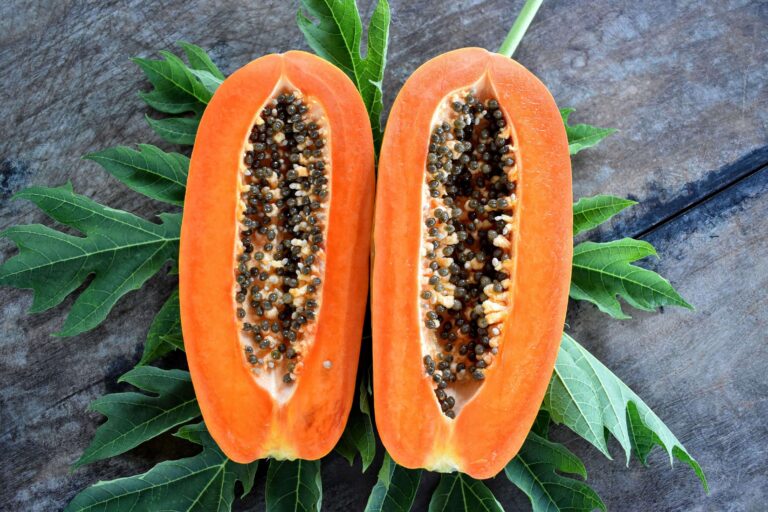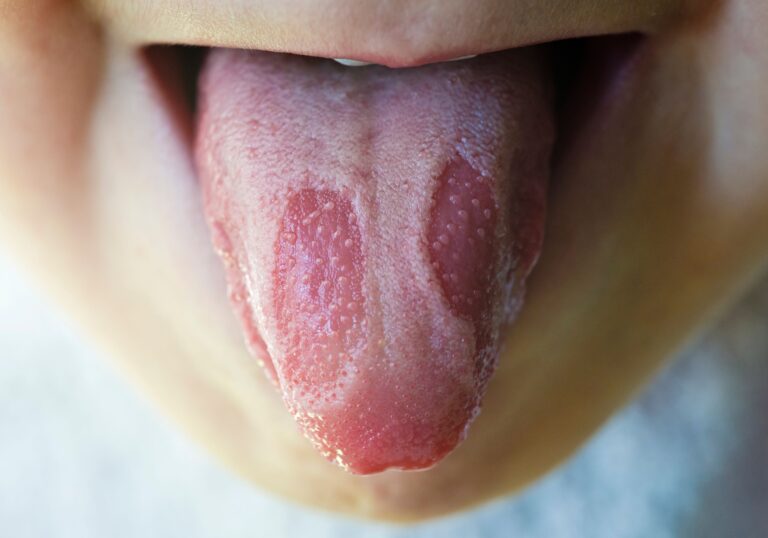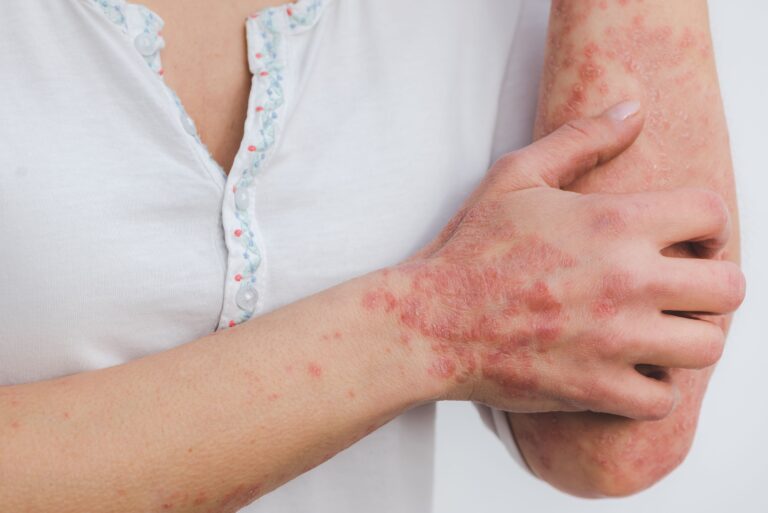Side Effects of Eating Dandelions: Exploring the Health Implications

Dandelions are often seen as pesky weeds that invade lawns and gardens. But did you know that they are also edible? In fact, dandelions have been used in traditional medicine for centuries and are a rich source of vitamins and minerals. However, some people are concerned about the potential adverse effects of consuming dandelions. Can eating them lead to any health problems? Are there any risks involved?
In this article, we’ll explore the potential side effects of eating dandelions and their impact on your health. From liver health to allergies, we’ll cover all the bases to give you a clear picture of the pros and cons of consuming this common garden plant. So, let’s dive in and find out what the science has to say about eating dandelions!
The Nutritional Value of Dandelions
Before we dive into the potential side effects, let’s first explore the nutritional value of dandelions. These humble flowers are packed with essential vitamins and minerals, making them a nutrient-rich addition to your diet. Dandelions are a great source of vitamins A, C, and K and various B vitamins.
One cup of chopped dandelion greens contains approximately 25 calories, 2 grams of protein, and 5 grams of carbohydrates. They are also low in fat and high in fiber. Dandelions are also a good source of beta-carotene, which is converted into vitamin A in the body. Vitamin A is essential for maintaining healthy vision, skin, and immune function.

Benefits of Eating Dandelions
Eating dandelions may provide several health benefits. For example, the antioxidants found in dandelions may help protect the body against oxidative stress, which can contribute to the development of chronic diseases such as cancer and heart disease.
Dandelions may also have anti-inflammatory properties, which can help reduce inflammation. Inflammation is thought to play a role in the development of several chronic diseases, including arthritis, diabetes, and heart disease.
Dandelions may also have a positive effect on liver health. Some studies have found that dandelion root extract may help improve liver function and protect against liver damage. Additionally, dandelions may have a diuretic effect, which can help flush toxins from the body and reduce swelling.
Risks and Side Effects of Consuming Dandelions:
Although dandelions provide numerous health advantages, it is crucial to comprehend possible hazards and unwanted effects. It is valuable observing that these impacts are usually linked to overconsumption or personal sensitivities. Let’s explore some potential side effects of eating dandelions:
1. Gastrointestinal Disturbances:
One of the common side effects of consuming dandelions is gastrointestinal disturbances. Some individuals may experience an upset stomach, bloating, or diarrhea after eating dandelions. These effects are typically mild and temporary, but if they persist or worsen, it is advisable to consult a healthcare professional.

2. Allergic Reactions:
While dandelions are generally safe for consumption, some may be allergic to these flowers. Allergic reactions can range from mild symptoms like skin rashes, itching, or hives to more severe manifestations such as difficulty breathing or anaphylaxis.
If you have a recognized allergy to Asteraceae family plants, such as ragweed or chamomile species, you may be susceptible to allergies to dandelions, also. If you experience symptoms of an allergic response once you have ingested dandelions, promptly see a doctor.
3. Interactions with Medications:
Dandelions may interact with certain medications, particularly those that affect the liver or have diuretic properties. If you are taking medication, it is important to consult your healthcare provider before incorporating dandelions into your diet. They can provide guidance based on your specific medication regimen.
4. Pollen-Related Sensitivities:
Some individuals may experience sensitivities to dandelion pollen, which can trigger hay fever-like symptoms, such as sneezing, runny nose, or itchy eyes. If you have a known pollen allergy, exercise caution when consuming dandelions and monitor your body’s response.
Can Eating Dandelions Cause Allergic Reactions?
Dandelions are generally safe for consumption and do not typically frequently cause allergies. Nevertheless, just like every food, it is possible for individual allergies. If you possess a record of pollen allergies or have encountered sensitivity to other flowers, it is suggested to be careful when eating dandelions. Begin with minor portions and track how your body reacts. In case you have any allergy symptoms, cease intake and get medical assistance.
Possible Gastrointestinal Effects
Even though dandelions are typically tolerated well, some individuals may experience gastrointestinal effects after consuming them. The side effects are usually mild and short-lived, which include symptoms such as stomach irritation, distention, or frequent bowel movements. If you encounter adverse reactions, decrease the amount of the Taraxacum officinale or not have them entirely. In case the symptoms last or deteriorate, seek medical advice for further examination.
Dandelions and Medication Interactions
If you are currently taking medications, being aware of potential interactions with dandelions is crucial. Dandelions have mild diuretic properties and may interact with certain medications that also affect the liver or have diuretic effects.
Dandelions are capable of influencing the metabolism of drugs within the liver. This can cause changes in their impacts and unwanted effects. Furthermore, it showcases the chance of interactions in connection with liquid medicines, anticoagulants, and medicines metabolized by the liver. It is, therefore, advisable to avoid using dandelions when under medications. This rules to both types of medically prescribed and non-prescription drugs.
Are Dandelions Safe for Everyone?
Dandelions are generally safe for most individuals when consumed in moderation. However, certain groups of people should exercise caution or avoid dandelions altogether. Let’s explore some considerations for specific populations:
1. Pregnancy and Breastfeeding:
Dandelions have been the subject of limited research when it comes to their safety during pregnancy and breastfeeding. However, based on the available information, it appears that dandelions are generally safe to consume during these periods. The U.S. Food and Drug Administration recognizes dandelion as “generally recognized as safe” (GRAS) for use as a food, indicating its safety for consumption. Moreover, it is unlikely to cause any harm to the breastfed infant.

2. Children:
Kids can safely eat dandelions in controlled amounts. Nevertheless, it is essential to introduce them slowly and observe for any unfavorable reactions. Getting guidance from a pediatrician before introducing significant adjustments when changing what a child eats is always recommended.
Based on NCCIH for Alternative Medicine (the Center), eating dandelions in the quantities usually present in nutrition is generally regarded as safe and secure. However, there is scarce scientific data accessible concerning the consequences on well-being related to dandelion. No compelling empirical data endorses its application for any particular medical condition.
It is worth mentioning that certain individuals could experience allergic reactions to dandelions. Especially those who have sensitivities to related vegetation such as ragweed, chrysanthemums, marigolds, and daisies.
3. Pre-existing Medical Conditions:
It is recommended for people who have existing medical conditions, specifically those connected to the liver or kidney, to get guidance from their healthcare provider before introducing dandelions into their diet. Even though dandelions offer potential health perks, like aiding liver health, decreasing inflammation, and controlling blood sugar levels, it is important to consider any dietary limitations or precautions necessary for specific health conditions. It is crucial to seek advice from a health practitioner before including dandelions in your eating plan. Looking for advice from a healthcare expert can give individualized recommendations evaluating an individual’s particular context.
Frequently Asked Questions (FAQs):
- Can eating dandelions help with weight loss? While dandelions are low in calories and high in fiber, there is insufficient scientific evidence to support their direct role in weight loss. However, their inclusion in a well-balanced diet can contribute to overall weight management.
- How can I incorporate dandelions into my diet? Dandelions can be consumed in various forms, including salads, teas, smoothies, or sautéed greens. Be sure to wash them thoroughly and opt for organically grown dandelions to avoid potential pesticide exposure.
- Are dandelions a good source of antioxidants? Yes, dandelions contain antioxidants that help combat oxidative stress and reduce inflammation in the body. Including dandelions in your diet can contribute to your overall antioxidant intake.
- Are there any specific dandelion species that are toxic? While most dandelion species are safe for consumption, avoiding species like coltsfoot (Tussilago farfara), which may have toxic compounds, is crucial. Stick to common dandelion species (Taraxacum officinale) for culinary use.
- Can dandelions interact with blood-thinning medications? There is limited research on dandelions’ interactions with blood-thinning medications. It is best to consult your healthcare provider for personalized advice if taking such medications.
- Are dandelion supplements safe to consume? Dandelion supplements are available in various forms, including capsules and tinctures. It is advisable to consult with a healthcare professional before taking any dietary supplements, including dandelion supplements.
Bottom Line
Dandelions can be a healthy and flexible vegetation that can be relished in countless ways. They are a rich source of vitamins and minerals and may provide several health benefits, such as anti-inflammatory and liver-protective effects.
Although dandelions are usually safe to consume, it is crucial to ingest them in reasonable amounts. Additionally, it is important to understand the potentially detrimental outcomes, like toxic reactions and sensitivities. In case you possess an established allergy against dandelions or currently use specific medications, consult your physician before eating dandelions in any manner.
In general, dandelions can be extraordinary and good for your contribution to any nutritional regimen. These offer an assortment of essential elements and possible health advantages. Therefore, the following moment you observe a common weed inside your yard; think about giving it a shot!






